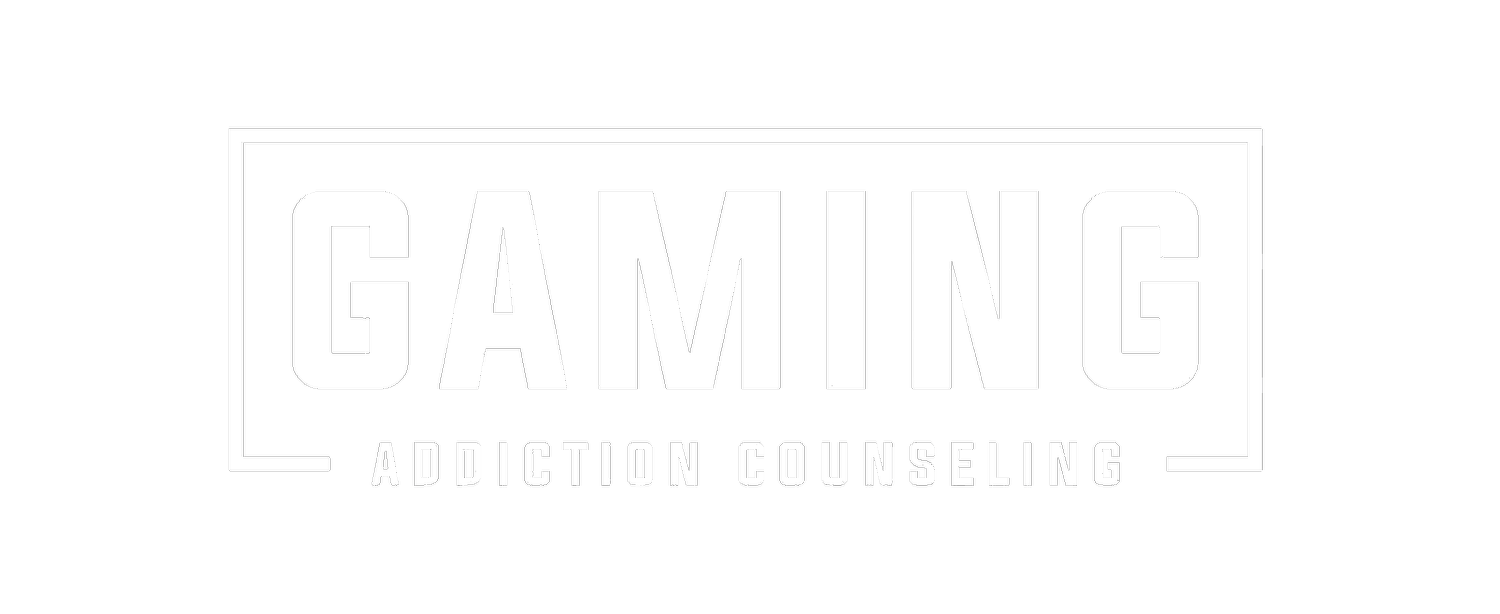The Hardest Part Of Saying No
Not too long ago, I was running around my neighborhood. The run I was doing was intense. I had little sleep, close to nothing to eat, and still had another 15 minutes to run. My body was in pain, and it was hard for me to bear. I was at the edge of giving in to giving up even though I didn’t want to. That moment stayed with me through the rest of the day. Why was I about to say “Yes” to something I really didn’t want?
I think this is a moment that is part of the human experience. There are many choices that we make that we either end up regretting or have no real benefit, yet it is the choice made anyways. To look at the choice in a vacuum is like trying to understand why a car accident occurred without knowing what happened prior to the accident. Let’s consider the context that informs our choices:
1. Importance – Is the choice important? How quickly does the decision need to be made? If the impact of the choice is considered trivial, then what is the harm in choosing anything? Although the choice may be considered unimportant at the time, the lasting consequences may be more profound. If I chose to stop running when I did to the alleviate the misery I was in, I may follow the same choice in a similar event rather than push through the pain. A lasting effect may be that my endurance isn’t as hardy and I fail to reach a higher potential with my running.
2. Simplicity – Is the choice easy to workout, or does it take an immense amount of mental power to determine all significant outcomes? Sometimes the immediate reward is worth less than the reward down the line and vise versa. Sometimes out of frustration, a choice is made to make the choice simpler so we can move on.
3. Mentality/Emotionality – Hangry is a real disorder that affects everyone from time to time; however, this is a time one must be especially mindful. Maybe the choice can be delayed in case emotionality or mental exhaustion take over making an irrational choice.
4. Peer Pressure – Outside sources can have a greater impact on the choices at hand. What is considered correct to you may be considered incorrect to others. Are you ready to fight for what you know is correct, or is your pride too strong to consider other positions?
5. Stress – Too much on the mind means less focused brain power allowed to make a good choice. What is at the top of your priority list? Is the stress too much right now to deal with? Most choices can be delayed at least for a time before a hard and fast choice needs to be made.
6. Intentionality – Sometimes the brain likes to go on autopilot, and our choices are not what we thought they were going to produce. Not every choice requires rocket surgery levels of intense consideration, but are you allowing the time and focus to make the choices you truly want?
7. Preparation – Movies depict heroes making brilliant, one second decisions that save the world from destruction. This is rarely the case. Like musicians, good decisions take time and experience to make. In the example of my running, my mentality was not strong due to prior exhaustion, my body and emotions were suffering due to a poor decision to not eat prior to my run ultimately making the decision to quit easier. I didn’t prepare correctly.
8. The Unknown – Sometimes, the outcome from a decision is unknown, or more pain and discomfort can be a real consequence. The result known is a much more appealing prospect in this case. Even though the known decision may be negative, at least it’s the devil we know.
Saying “NO” is a much harder choice than saying “YES” because of all the reasons listed above, and, in the moment, means a disharmony between you and another potential state. Rarely, will “NO” be easier, but more likely than not, it will lead to a better outcome. Think of the comfort foods, alcohol, leisure activities, relationships that could be transformed into something better if you could say “NO” more frequently to them. You may be considered a jerk at the outset, but you know you the best. What can you say “NO” to that will lead to you saying “YES” to what you want later?


